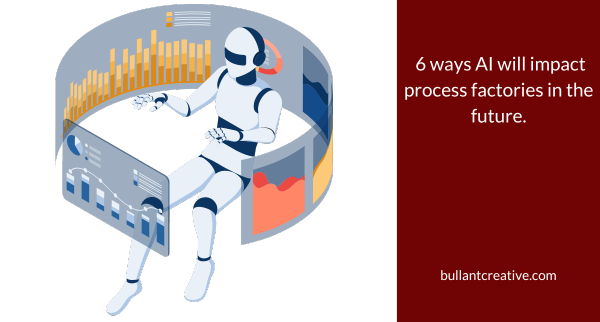Artificial Intelligence (AI) is the branch of computer science dealing with the reproduction or mimicking of human-level intelligence, self-learning, and problem-solving skills in machines. Unlike traditional systems that respond based on pre-programmed instructions, AI-based systems learn from experience, adjust to new inputs, and perform tasks that typically require human intelligence. Such tasks include learning, reasoning, problem-solving, perception, and language understanding.
The history of AI can be traced back to the mid-20th century when early pioneers, such as Alan Turing, laid the foundation for machines that could simulate human intelligence. With advancements in technology and computational power, AI has rapidly evolved, leading to the development of sophisticated AI models. AI finds applications beyond text-based tools like OpenAI’s Chat GPT, extending to image and speech recognition, autonomous vehicles, and complex decision-making systems used in sectors like healthcare, finance, and in our case manufacturing in the process industry.
1 – Optimised Supply Chain Management
AI will revolutionise supply chain management by offering real-time visibility and predictive analytics, surpassing the capabilities of existing technology. By analysing patterns in historical and real-time data, AI will accurately forecast demand, optimise inventory, and enhance delivery times. This will result in more efficient supply chain operations and elevated customer satisfaction, far surpassing the capabilities of current technology.
2 – Agile Production Planning
AI has the potential to revolutionise production planning, making it more agile and efficient. By analysing sales trends and identifying patterns, AI will optimise production schedules, balance workloads, and eliminate bottlenecks in factories. This will lead to increased throughput and a more effective use of resources. Furthermore, AI will enhance schedule sequence optimisation and make what-if scenarios more user-friendly, addressing one of the biggest computational challenges for computer systems.
3 – Responsive Production Line Monitoring
AI will revolutionise production line monitoring by comparing actual performance to modeled expectations, identifying discrepancies, and recommending necessary adjustments. Additionally, it will promptly alert operators to unexpected running conditions caused by input changes, providing suggested remedies before any potential schedule delays occur. This advanced technology ensures optimal efficiency and minimises downtime, increasing productivity.
4 – AI-Driven Predictive Maintenance
Predictive maintenance will be a key application of AI in factories. Machine learning algorithms will analyse data from machinery sensors to anticipate failures and minimise downtime. This will extend machinery lifespan, saving costs and enhancing productivity.
5 – Enhanced Quality Control
AI will continue to make significant progress in the field of quality control. Already, early adopters are leveraging image recognition and deep learning algorithms to swiftly and precisely identify defects and quality issues, surpassing the capabilities of human inspectors. This technology will continue to empower factories to minimise waste, enhance production speed, and uphold stringent product quality standards.
6 – Improved Worker Safety
AI will also contribute to enhancing worker safety in factories. By using technologies like computer vision and machine learning, AI will monitor work environments and identify potential hazards, thereby preventing accidents and ensuring worker safety.
In the future, factories in the process industry will become even more automated, efficient, and safe thanks to AI. The integration of AI into factory operations will not only boost productivity but also pave the way for innovative manufacturing practices. While the transition to AI-driven factories may come with its own set of challenges, such as data privacy concerns and workforce reskilling, the benefits will far outweigh the obstacles.

